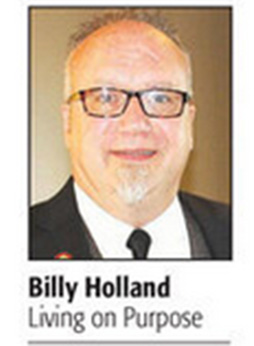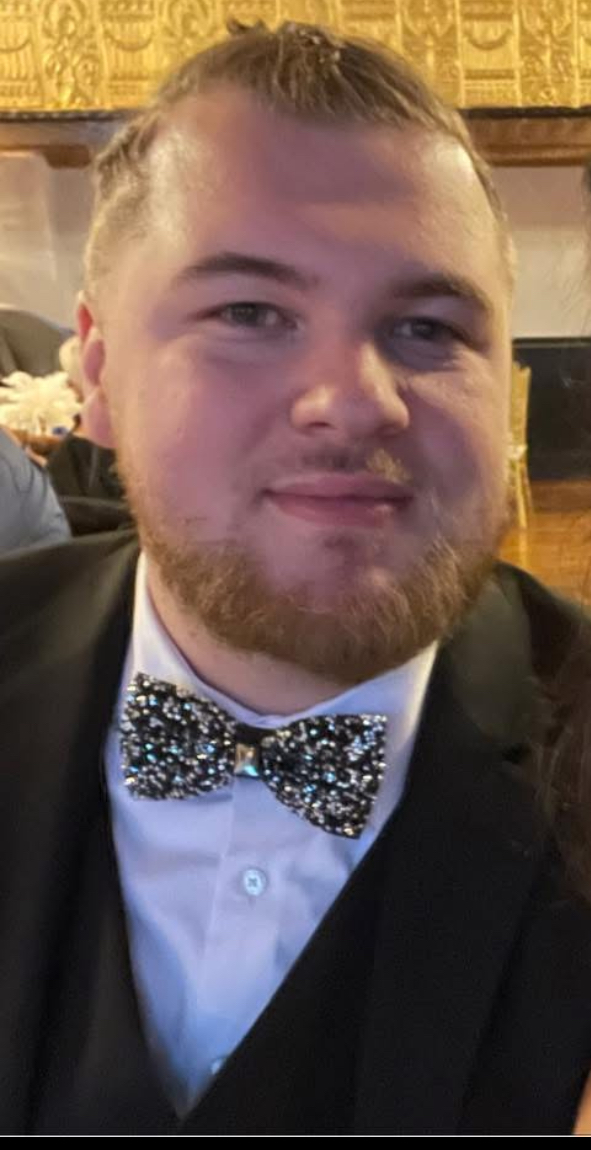Being honest with God — and ourselves
Published 5:32 pm Monday, August 7, 2023
|
Getting your Trinity Audio player ready...
|
BY BILLY HOLLAND
Contributing columnist
In the field of psychology, cognitive dissonance is the perception of contradictory information and the mental toll it takes. Relevant items of information include a person’s actions, feelings, ideas, beliefs, values, convictions and things that are going on all around us. Cognitive dissonance is typically experienced as mental and emotional stress when an individual participates in an action that goes against what they know is right. According to this theory, when two desires or ideas are not consistent with each other, people will try to justify and compromise until they become consistent enough to be accepted. This discomfort is triggered by the person’s knowledge clashing against new information when it’s introduced, wherein the individual tries to find a way to resolve the contradiction to reduce their guilt.
Trending
This might sound like a lot of psychological gobbly goop, and you might be asking, what does all of this have to do with me and the way I live? I’m glad you asked. We all have a lot of personal and secret thoughts going on in our minds and how we deal with it goes a long way toward being a more stable, balanced, and spiritually content person. I’m not excited about it, but we are constantly exposed to negative voices and influences that we might consider, but I hope we refuse. The point is coming to the place where we are honest with God and ourselves. Many of our headaches and anxieties are self-inflicted and our temptations often come from areas where we are weak and vulnerable. The devil has been watching us for a long time and there is no reason for him to stop using tactics against us that are always successful.
Take for example, we know that we should stop wasting so many hours each day playing on our phones and on TV, but we do it anyway. Why? Because we want to. Of course, if we really believe this is a serious problem we would turn them off, but instead, it’s much easier to ignore it with a compromising and enduring attitude. This is cognitive dissonance. The general idea of living on purpose is to examine every aspect of our lives and develop a desire to become the best version of ourselves we can be. Or in other words, it should be important to us that we are the person that Jesus died for us to be. The subconscious discomfort we are talking about is an internal misery that does not need to be a part of our lives. We want peace and the more we please God and follow His voice, the less we are convicted and condemned for our willful disobedience.
We realize we need to take control of our mental and spiritual condition instead of allowing our fleshly desires and emotions to control us. In the same way that Adam and Eve were ashamed in the Garden, we also feel that guilt when we do not obey what God is saying. It’s an illusion to expect spiritual joy, and contentment to fall out of the sky. Rather, since we have been given free will to make our own decisions, our destiny has everything to do with whose voice we follow. This is not to say that God does not have a plan for us or fails to intervene, but much of the time He blesses what we give Him. Our responsibility to serve Him is refusing sin and being willing to guard our most precious assets … our mind, spirit, and the Holy Spirit within us.
What about how we feel about food and its association with our weight? Some analyze every bite and go to the gym to maintain a healthy lifestyle. Counting calories gives them the security to know they are being good. Others could care less about being healthy and are willing to take as many medications as necessary to maintain their existence. Those who smoke realize it’s linked to cancer, but are convinced they can get away with it. The same is true with alcoholism. And what about the ones who secretly watch pornography and then try to secretly justify their behavior? Whatever our vices and struggles, our contradictions are trying to convict and warn us. God sees and knows everything, and when His truth does not line up with our actions, asking Him for help is the best decision we could ever make.
Billy Holland is an ordained Christian minister, community chaplain and author. Discover more about the Christian life at billyhollandministries.com.






